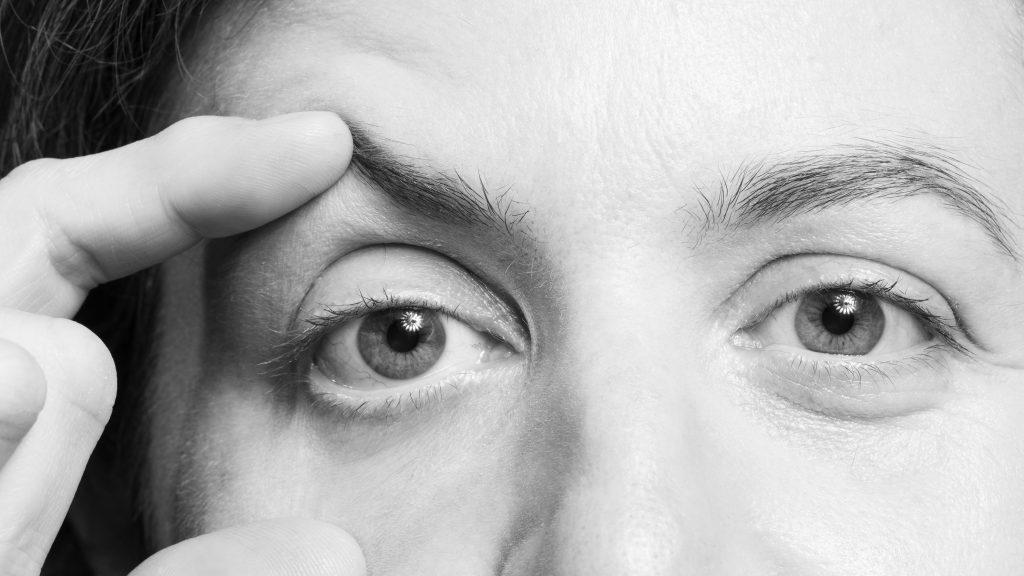Cataract surgery is one of the most common surgical procedures in the world, especially among the elderly population, and it’s estimated that, in the UK, 30% of people over the age of 65 will have a cataract that affects their vision in one or both eyes.
Cataracts are a clouding of the eye’s natural lens, which can result in blurred vision, sensitivity to light, and difficulty with everyday tasks. While cataracts can develop due to various factors such as ageing, trauma, or certain diseases, surgery remains the most effective treatment option for restoring vision.
In a healthy eye, the lens is clear, and it helps focus light rays onto the back of the retina, which sends electrical signals to the brain, which turns these messages into the images you see.
Cataracts: symptoms and risk factors
These cloudy patches on the lens typically become more prominent over time and cause several symptoms. The first step is diagnosis, as some of these symptoms can indicate other eye health problems, but you can expect the following:
- Your vision is cloudy or blurry
- Colours begin to look faded
- You find it increasingly hard to see at night
- Light sources such as headlights seem too bright
- You see a halo around the lights
- You sometimes can see double
- You must change the prescription for your glasses or contact lenses often
- Ultimately, you may experience total vision loss
Age is the most significant risk factor for cataracts, but you are also at a higher risk if you:
- Have underlying health problems, like diabetes
- Smoke
- Drink alcohol excessively
- Have a family history of cataracts
- Have had an eye injury, eye surgery, or radiation treatment
- Have experienced a lot of sun damage to the eyes
- Take steroids for health concerns such as arthritis
Do I need to have cataract surgery?
Unfortunately, cataracts usually continue to grow larger over time, causing symptoms to worsen, and currently no medication can shrink cataracts or prevent the effects.
Regular check-ups can monitor the cataract, but when it is beginning to interfere with daily activities, then cataract surgery may be the appropriate option.
What happens before my cataract procedure?
Before surgery, Dr Nick Koutroumanos will perform a thorough preoperative assessment to determine your overall health, the severity of the cataract, and the most appropriate surgical technique. This assessment includes a detailed medical history, a visual acuity test, and a slit-lamp examination to evaluate the cataract’s size, location, and impact on the eye’s structures. Advanced diagnostic imaging may also be used to plan the procedure accurately.
Cataract surgery and choosing the right intraocular lens (IOL)
Cataract surgery can be performed using various techniques, but the most common approach is a refractive lens exchange operation to remove the cloudy lens and replace it with a clear artificial replacement.
Once the cataract is removed, an artificial intraocular lens (IOL) is implanted to replace the natural lens. This approach is minimally invasive, requiring a smaller incision and ensuring a faster recovery time.
Choosing the right intraocular lens (IOL) is a critical aspect of cataract surgery. Dr Koutroumanos will guide you in selecting the most suitable IOL based on their unique visual needs. There are various types of IOLs available, including monofocal, multifocal, and toric lenses, each designed to address specific vision problems like astigmatism or presbyopia.
The procedure is rapid, taking between 30-60 minutes, and anaesthetising eye drops combined with mild sedatives will be administered to make the process as painless as possible.







